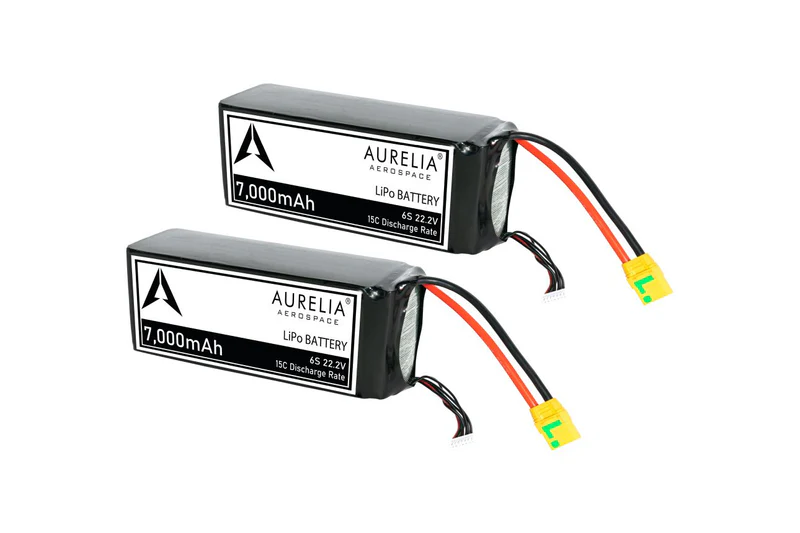In Trinidad and Tobago, UAV (unmanned aerial vehicle) batteries are classified as Dangerous Goods due to the potential hazards they pose during transportation. These batteries, typically lithium-ion, are considered hazardous materials because they can cause fires, explosions, or release harmful substances if not handled properly.
Lithium-ion batteries are highly reactive and can overheat, leading to thermal runaway—a chain reaction that results in fire or explosion. This risk is exacerbated during air transport, where vibrations, static electricity, and temperature variations can trigger these reactions.
The Trinidad and Tobago Civil Aviation Authority (TTCAA) mandates the registration of UAV batteries as Dangerous Goods to ensure they are packed, communicated, handled, and stowed correctly. This reduces the risks posed to health, safety, property, and the environment.
Proper packaging and labeling of UAV batteries are crucial to prevent accidents. For instance, lithium-ion batteries must be placed in a Medium Size Lipo Battery Bag and carried on board during flights, rather than checked in as luggage. This ensures that they are handled with care and reduces the risk of incidents.
The classification of UAV batteries as Dangerous Goods aligns with international regulations, such as the Montreal Convention, which imposes strict rules on the transport of lithium-ion batteries due to their potential to cause fires.
By registering UAV batteries as Dangerous Goods in Trinidad and Tobago, we can enhance safety and prevent accidents during transportation, ensuring that these batteries are managed responsibly and in compliance with established guidelines.


